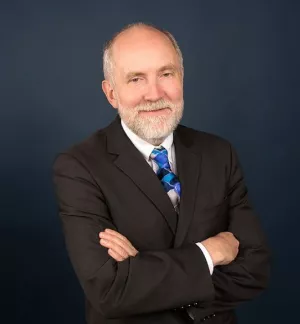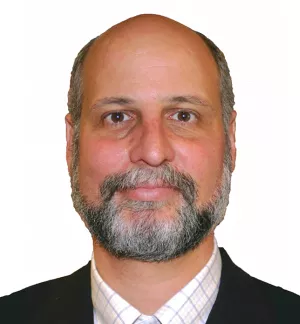Concerns over climate change and the supply of fossil fuels are driving new interest in nuclear power, but this growth could be cut short by catastrophe. A single Chernobyl- scale accident or a nuclear terrorist attack would end, politically, any hope for nuclear energy to grow enough to help mitigate climate change.
It’s in the world’s interest—and the nuclear industry’s interest—to drive the risk of such catastrophes as close to zero as possible. Hence, nuclear safety, nuclear security, and nonproliferation are essential enablers for large-scale nuclear energy growth. Stronger global institutions and agreements will be needed to lower nuclear risks even as nuclear activities expand.
Nuclear plants are dramatically safer today than they were in the Chernobyl era, but to safely operate far more reactors will require reducing risks further. Both older first-generation plants and plants in countries that have never operated nuclear reactors before (and don’t have strong regulations or nuclear safety cultures) pose special concerns that must be addressed.
Nuclear security requires even more urgent action. Security measures now in place for many power plants, spent fuel pools, and caches of plutonium or highly enriched uranium (HEU) that could be used in a nuclear bomb are demonstrably insufficient to defeat the kinds of threats terrorists and criminals have shown they can pose. The world needs a fast-paced global campaign to put stronger nuclear security measures in place, to drastically reduce the number of buildings and bunkers where nuclear weapons and the materials needed to make them exist, and to implement effective global standards for nuclear security.
A world of many more nuclear reactors will result in more uranium enrichment and more plutonium recycling, and an increased risk that these bomb material- producing technologies could spread. To break this weapons-energy link, governments should: phase out the civilian use of HEU and minimize plutonium reprocessing; forge new international approaches to the fuel cycle and discourage new states from building nationally controlled enrichment and reprocessing plants; beef up cooperation between intelligence, police, and export control officials to stop the next black market nuclear technology network; strengthen international safeguards; and ensure enforcement when states violate their nonproliferation obligations. Gaining global support for such steps will inevitably require nuclear weapon states to live up to their end of the nonproliferation bargain, with drastic reductions in the number, readiness, and role of their nuclear weapons.
Confronting these challenges will require close international cooperation and stronger international institutions. In particular, achieving safe, secure, and peaceful growth in nuclear energy will require a stronger International Atomic Energy Agency (IAEA). A recent report issued by an international commission on the future of the IAEA called for a more muscular agency that has, among other things, more authority and dedicated personnel to look for indicators of weapons programs; a mandate to confirm whether new, internationally accepted nuclear safety and security standards are being implemented; and a stronger team devoted to tracking and helping states shut down black-market activity. Such enhancements would require a major boost in the IAEA’s budget, and the commission envisioned doubling funding by 2020.
For nuclear energy to make a major contribution to mitigating climate change, without creating undue risks, will require a reinvigorated IAEA and new approaches to cooperation for the safety and security of all.
Matthew Bunn, an associate professor of public policy at the Harvard Kennedy School, contributed to the Commission of Eminent Persons report on the future of the IAEA. Martin B. Malin is executive director of Harvard’s Project on Managing the Atom.
Bunn, Matthew and Martin B. Malin. “A Nuclear Revival Needs New Cooperation.” Bulletin of the Atomic Scientists, September/October 2008







